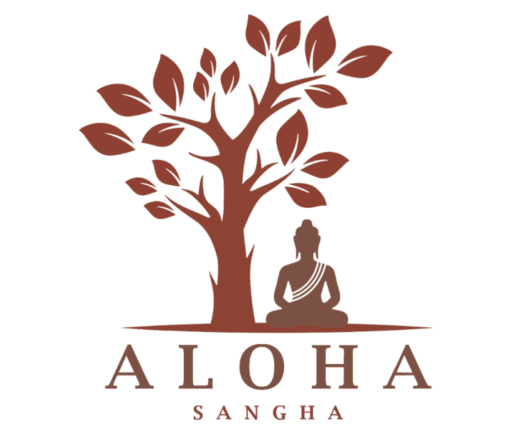thank you, nonetheless
Buddhism offers us a path to decolonize the mind, thankfully. It not only teaches inclusion, it points out the shared insanity of separateness that causes so much suffering.
Lama Thubten Yeshe was one of the first Tibetans to teach Buddhism to Westerners. I went to see him in Nepal, but he had just left to teach in the USA, where he died from heart disease in 1984, at age 49.
Several of his Western students recount that whenever he met anyone, he would always bow, and with sparkling eyes say “Thank you, thank you.”
This is coming from a person who witnessed the destruction of his beloved Buddhism in his native soil and the near genocide of his people. Yet, his response to the world was thank you, nonetheless.
Back then I had no idea why he would always be saying be saying thank you.
Thanksgiving in the pandemic
It is Thanksgiving Day here in the USA. A big holiday where families gather, eat hearty food, and share their stories. But with the pandemic, we refrain from family gatherings and follow the CDC guidelines for physical distancing.
In some parts of this country, it’s also a Day of Mourning.
Colonization, so much a part of the historic Thanksgiving tradition, brought about another near genocide–of Native peoples and their cultures. And it’s not over.
Yet, we meditate.
We meditate with our minds shaped in no small measure by these brutal cultural forces.
Gratefulness is a Buddhist practice
And we practice gratefulness; like Lama Thubten Yeshe, we say thank you, nonetheless.
Buddhism offers us a path to decolonize our own minds, thankfully. Mindfulness, insight, and metta directly counter the harm of erasure many people of color feel in these post-colonial times.
Buddhism not only teaches inclusion, it points out the shared insanity of separateness that causes so much suffering.
When I meditate and reflect on the teachings, I feel a little like what Thoreau might have felt when he wrote in his journal:
I am grateful for what I am and have. My thanksgiving is perpetual. It is surprising how contented one can be with nothing definite, only a sense of existence. … O how I laugh when I think of my vague indefinite riches. No run on my bank can drain it, for my wealth is not possession but enjoyment.
When I reflect on the teachings handed down from person to person for over 2600 years, I am stunned. Writing did not develop until about 300 years after the Buddha’s death.
Gratitude to the lineage of teachers
To think of all the care, time and dedication it demanded for hundreds of people to commit to memory, in an organized fashion in dedicated teams of “reciter-monks”, what today occupies 43 volumes of the Buddha’s oral teaching, is simply mind-boggling.
I feel gratitude to all those nameless folks, and to my own teachers, who dedicated their lives to practice deeply so they could teach me.
I am grateful to my wife and children who offer me emotional support when I need it.
I am grateful for all who wear masks, who deliver the food to the stores, and to all essential workers.
And I am grateful to you all for creating this Aloha Sangha, where we meet every week for silent meditation and share our experiences with each other in this intimate space.
Sensing the fragility of life, I am grateful for one more day.
The challenge in these post-colonial times
So this is our challenge in these post-colonial times–to allow gratitude to touch our hearts and minds without coming apart by feelings of fear, anger or loss.
To just say thank you, nonetheless.
Maybe this is what Lama Yeshe was teaching us all along.
Enter your best email below and we'll send you our weekly support newsletter to help keep you moving forward on this journey of a lifetime. You can easily unsubscribe anytime.








